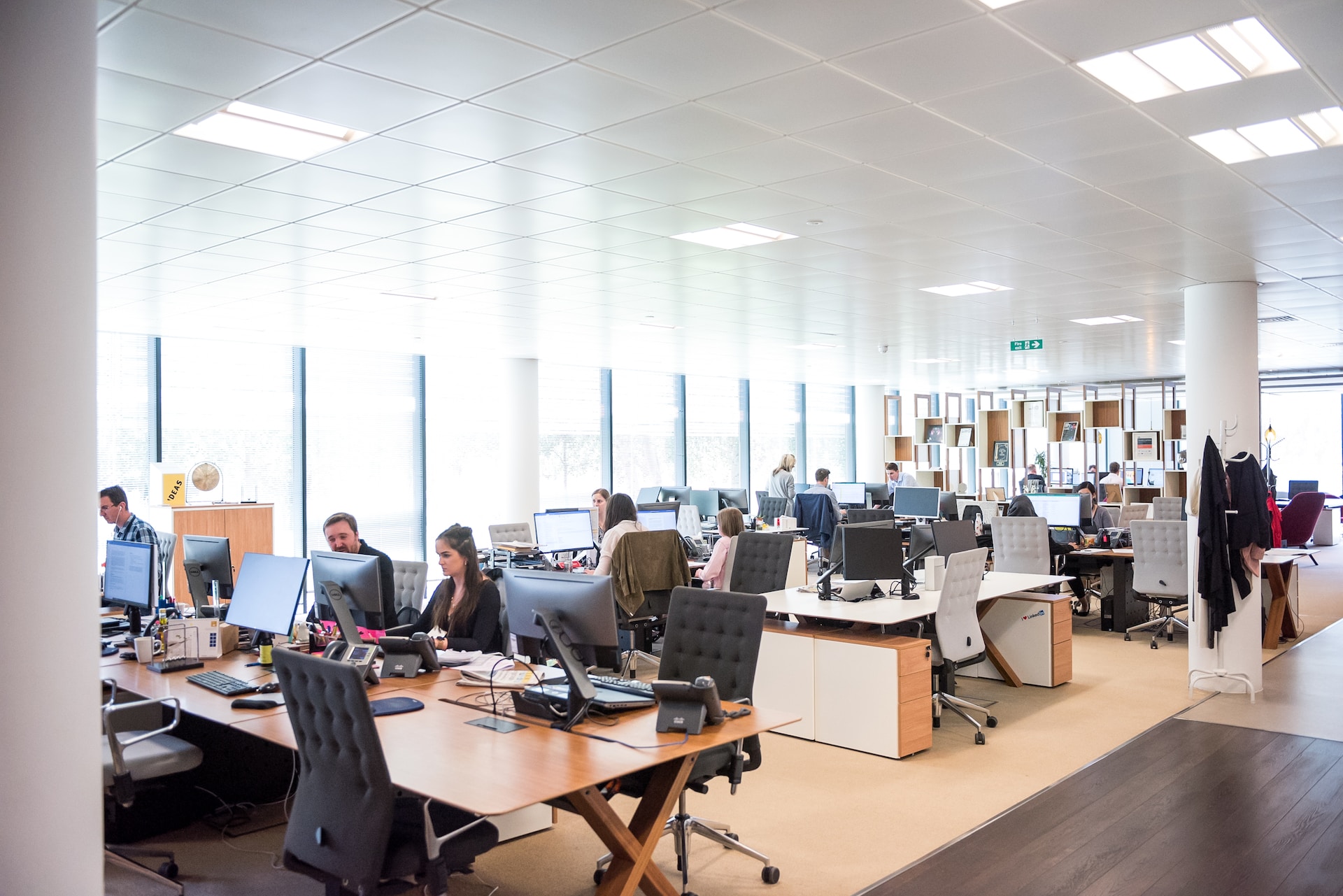How to Support the Genius in Your Workplace

Neuroscientist, Cognitive Psychologist, & C-suite & Genius Mentor, Dr Lynda Shaw, reveals why employee engagement is about harnessing the talent of geniuses in your organisation.
We need geniuses for their ideas, to uncover solutions to challenges, and to create and invigorate with new ideas and learning. Yet some geniuses don’t feel they have a voice in the workplace, so how do we tap into and support our geniuses in the workplace?
What often happens to the genius in the workplace?
Certain traits may signify high levels of intelligence, such as being able to think about abstract concepts deeply and dynamically, defying conventional ways of thinking, and thinking about ‘why?’ a lot. Sadly, many geniuses are overlooked and forgotten. They often avoid shouting from the rooftops. Some won't talk about being a genius but are willing to share a genius idea. Many geniuses need help presenting their ideas. Businesses may need help to create collaboration space and security to be enriched by the contributions of these exceptional minds.
So how can a business tap into and support geniuses?
Understand the importance of consciousness. We are facing enormous global challenges in our world right now and the world needs genius ideas to fight looming threats like climate change. Allow colleagues to speculate, question and debate to open the doors to creativity and innovation by tapping into the unconscious processing and creating space for genius ideas.
Know your team’s strengths. Understand and recognise unique strengths, interests, fears, and areas that require development. Create opportunities, acknowledge and develop successes, aligned with their abilities and objectives, and assign tasks to stretch personal strengths. So, here how to play to them:
- Foster a sense of purpose. If everyone in the workplace is working towards a shared goal, we are more likely to be open to new ideas and to get to the next stages of implementation and action of ideas and development. People should feel comfortable coming forward with ideas. Provide ongoing support and feedback and operate with an open-door policy.
- Prioritise EDI. Create an inclusive environment where introverted and neurodivergent people don’t feel excluded, but instead are valued and heard.
- Ensure there is training if needed. Provide coaching and tools to help those who may for example not like presenting. Allow them to present to one person or small numbers if that makes them feel more comfortable. Mentors have a vital role.
- Allow colleagues to make mistakes. To reach an end goal, trial and error must be allowed within reason. Allowing individuals to make mistakes and to come up with ideas that fail is likely to lead to a real solution outside of our and their comfort zone.
We can’t all be geniuses but how you can think like one?
To tap into the mindset of a genius, allow your mind to be creative and contemplative. Set aside quiet time to consciously put yourself in a semi-meditative state to explore ideas, thoughts, and solutions. Find a mentor you trust, someone who encourages your thoughts and exploration, someone you can use as a sounding board. To make the most of your amazing ideas, make use of the expertise of specialists, create a strategic plan for your ideas and effectively communicate them to the world.




